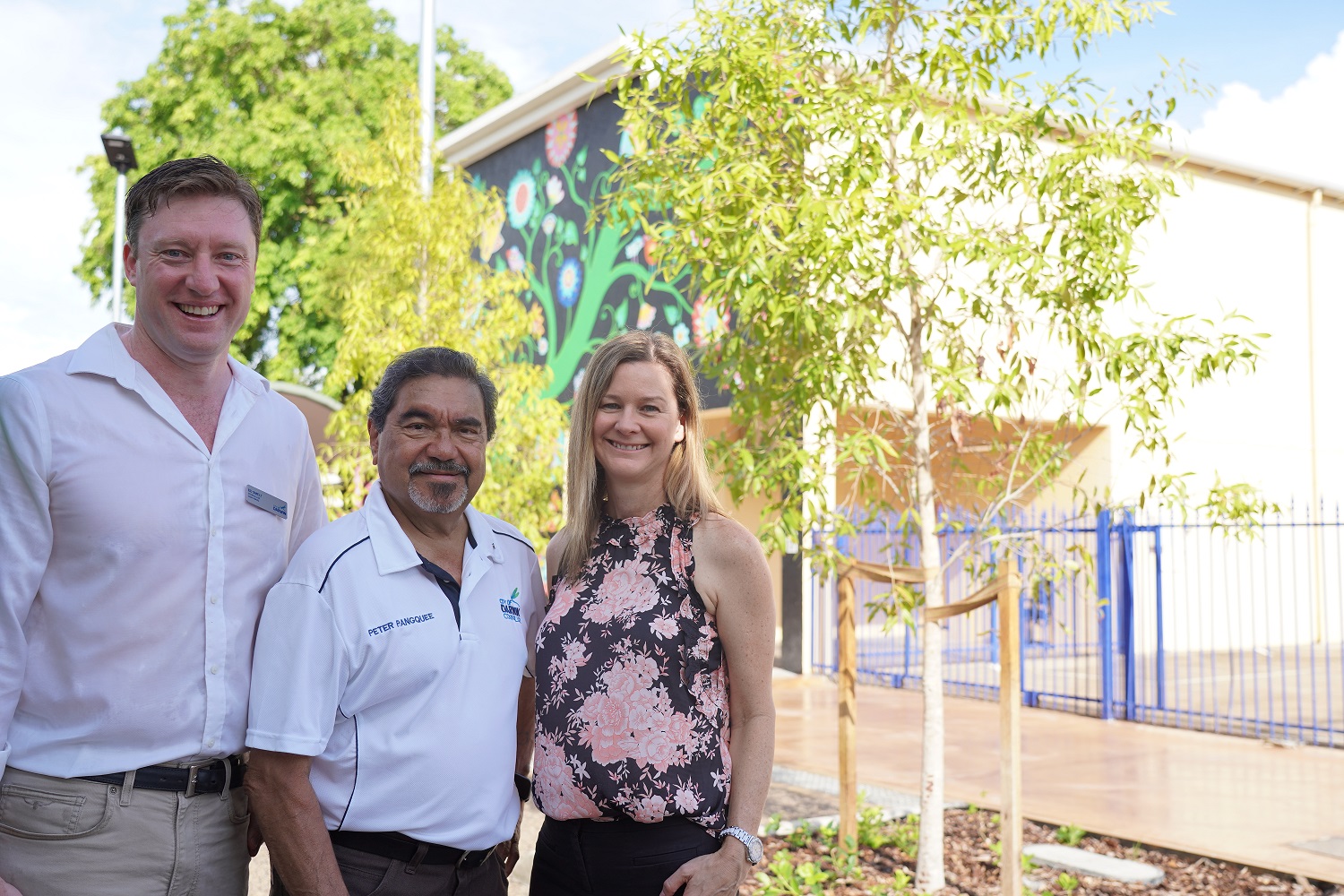Results at a glance:
■ SA farmer confidence retreats from early-year highs
■ Most sectors report a drop in confidence, the sheep sector particularly bearish
■ Uncertainty over global markets and economies the key driver of decreased sentiment
■ 54 per cent believe COVID-19 had negatively impacted business, with 40 per cent reporting no impact
■ Farm viability still strong at 94 per cent
Favourable seasonal conditions have done little to relieve the uncertainty of COVID-19 for South Australian farmers, with the latest Rabobank Rural Confidence Survey revealing a drop in sentiment across the state.
Despite South Australian croppers enjoying a very promising start and outlook for the season, and beef and sheep meat prices remaining firm, concerns over global economies emerged as the key driver of this decline in confidence.
The latest quarterly survey revealed 19 per cent of surveyed farmers in the state now expected agricultural economic conditions to worsen, up from just seven per cent last quarter, and back in line with similar levels reported a year ago.
The survey, released today, found 86 per cent of those SA farmers expecting conditions to worsen cited global market factors as their main concern, up significantly from just 27 per cent who had market concerns last quarter.
Commodity price volatility was also front-of-mind, with 47 per cent – up from 17 per cent last quarter – identifying this as a key concern.
However, almost a quarter of the state’s farmers (24 per cent) still held an optimistic outlook on the coming 12 months – albeit down from 44 per cent last quarter – while those expecting conditions to remain similar to last year remained firm at 46 per cent.
Seasonal factors were the major cause for optimism for those South Australian farmers who were expecting conditions to improve.
Rabobank regional manager for South Australia, Roger Matthews said the survey results reflected the impact of general concerns and uncertainty surrounding COVID-19, despite positive seasonal factors and the strength of the agricultural industry during the turmoil.
“Farmers are experts at social isolation, and rain early in the season alleviated any production concerns, yet it seems the pervading sentiment within the general community around COVID-19, and the resulting uncertainty weighed over them during the survey,” Mr Matthews said.
Specifically questioned in this survey about the impact of COVID-19, 54 per cent of South Australian farmers believed it had negatively impacted their business, while 40 per cent said the pandemic had no bearing on operations.
Sheep producers emerged as the most affected by the impacts of the coronavirus pandemic, with 49 per cent attributing it to the significant decrease in wool prices.
This saw only 15 per cent of the state’s sheep farmers expecting conditions to improve in the latest survey – down from 34 per cent earlier in the year – and Mr Matthews said the declining Australian wool market had many local producers worried.
“The decreased demand for textiles, such as wool, during the current economic global downturn has been one of the largest repercussions for farmers on the ground, with the sheep and wool complex a major component of South Australia’s industry,” he said.
Grain producers also reported decreased optimism despite a seasonal uplift, with only 21 per cent of the state’s grain growers now expecting conditions to improve – well down on the 41 per cent with that view last quarter.
Mr Matthews said this easing of sentiment among the state’s grain producers may have been influenced by the view that business and growing conditions are already at favourable levels, therefore capacity to improve further may be limited in some growers’ minds.
“Overall South Australian croppers have enjoyed their best planting conditions in recent years, with rainfall in the Mallee, year to date, greater than last year’s total,” Mr Matthews said.
While parts of the Eyre Peninsula remained dry, he said, there was confidence that the seasonal pattern had changed, and it was commodity prices, and recent tariffs imposed on Australian barley exports to China, which were the key drivers for the downturn in sentiment.
“Barley is a key component in South Australia’s rotation for grain growers,” Mr Matthews said. “While the survey was conducted just prior to the announcement, the speculation surrounding the tariffs was considerable and many farmers would have factored this into their planting decisions accordingly.”
Confidence in the beef sector also fell, yet remained comparatively strong, with 32 per cent of South Australian cattle producers expecting conditions to improve – down from 58 per cent last quarter.
Mr Matthews said the seasonal break had supported strong restocking competition, pushing cattle prices to record or near-record levels early in the year, and that while the cattle market was now easing, cattle prices – and likewise sheep meat prices, which had also softened slightly – would remain buoyant.
In line with overall confidence levels, farmers revised down their own gross income projections considerably for the next 12 months, however confidence in their operations was strong, with 94 per cent of South Australian farmers continuing to report business viability.
This, Mr Matthews said, was reflected in investment intentions across the state, with 21 per cent of farmers planning to increase spending on on-farm infrastructure and new machinery.
“This really does show how robust our rural sector is amidst rising market tension and complex global headwinds. Our Australian farmers are still enjoying extremely healthy farm viability, and planning for the future,” Mr Matthews said.
A comprehensive monitor of outlook and sentiment in Australian rural industries, the Rabobank Rural Confidence Survey questions an average of 1000 primary producers across a wide range of commodities and geographical areas throughout Australia on a quarterly basis.
The most robust study of its type in Australia, the Rabobank Rural Confidence Survey has been conducted since 2000 by an independent research organisation. The next results are scheduled for release in September 2020.




